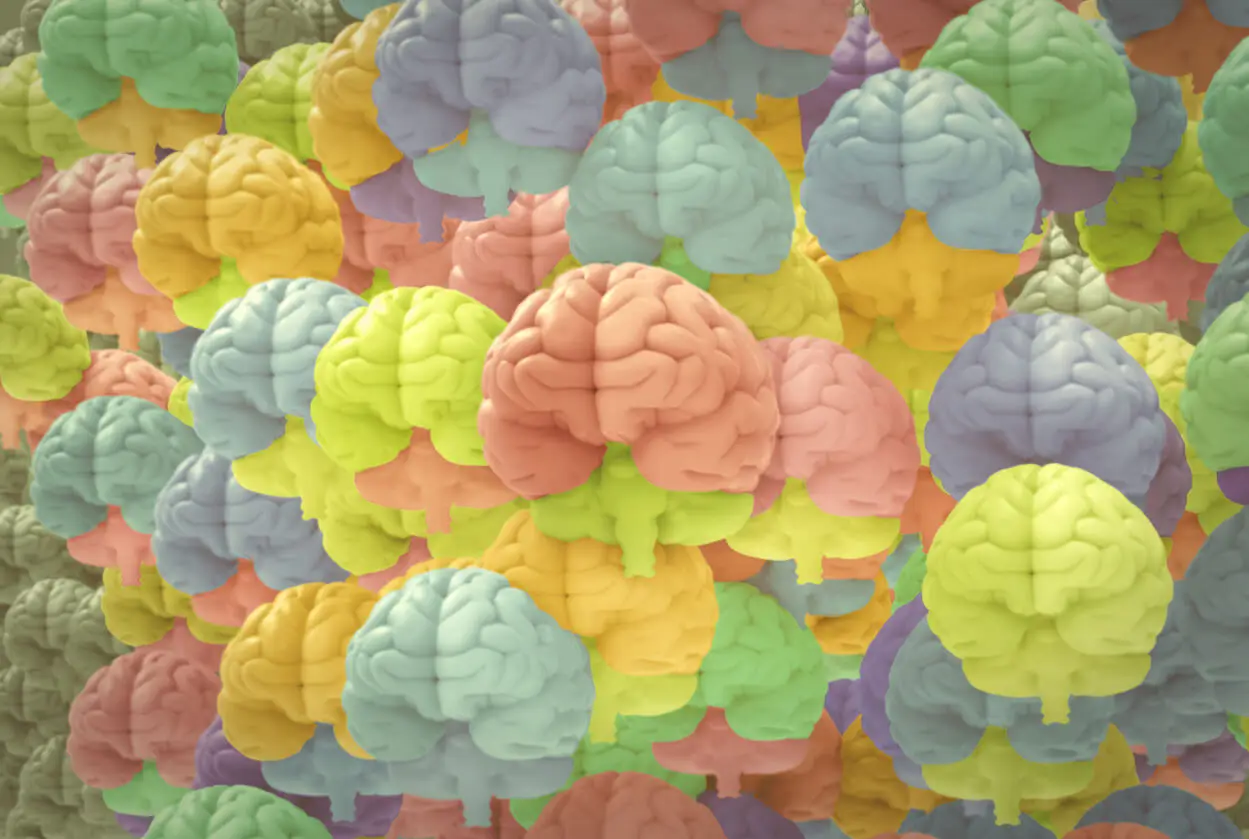The Main Differences Between Being Smart and Being Intelligent


Written and verified by the psychologist Maria Fatima Seppi Vinuales
Who is smart and who is intelligent? For example, is a person who scores high on a test smart or intelligent? What about someone who can tell that his or her playmate is about to cheat?
We often confuse the two terms, although there are differences between being smart and being intelligent. Let’s take a look at what they are.
What does it mean to be smart?
It is often said that smart people are practical, operational, alert, and very attentive to environmental cues. Hence, they can think, act and make decisions quickly.
Thus, the main benefit of being a smart person has to do with that context registration that leads to a reading of the situation and an appropriate and skillful response. This allows for taking advantage of opportunities.
We think you may also enjoy reading this article: The Modular Theory of Mind: How Does the Human Brain Work?
What is intelligence?
First, before defining what it is to be smart, it’s important to mention that it’s a difficult construct. In many aspects, it still does not have total consensus in the scientific community.
On the other hand, it’s also important to note that, for a long time, this mental faculty was associated with the cognitive. Then other theories emerged that emphasized various aspects.
For example, Gardner’s theory of multiple intelligences, which dates from the 1980s, was a paradigm shift. According to the author, the following intelligences exist:
- Logic
- Linguistic
- Corporal
- Musical
- Spatial
- Naturalistic
- Interpersonal
- Intrapersonal
For Gardner, all people possess a mixture of these intelligences, which have a potential development to a greater or lesser extent.
In turn, Daniel Goleman postulated the importance of emotional intelligence, which involves using social skills, as well as knowledge and management of emotions. For this psychologist, IQ alone is not enough.

The differences between being smart and being intelligent
Apart from their definitions, we could specify two key differences between being smart and being intelligent.
One has to do with the fact that intelligence has been the object of study for years and that’s why there is now a definition or a standard for what it means to be intelligent and for which there are even psychometric tests. The first ones were developed by Binet and Simon. In fact, there are several instruments, although most of them are focused on measuring verbal comprehension, perceptual reasoning, working memory, and processing speed.
In the face of different models of intelligence, it may or may not be questioned whether this conceptualization is adequate. The truth is that, as a general rule, a person with an above-average IQ is usually considered intelligent. If it exceeds an IQ of 130, it’s possible to speak of giftedness or high abilities.
As for being smart, there is no scientific or measurable construct as such. Being smart corresponds to an everyday, common-sense idea. It’s linked more to the idea of a person who knows how to take advantage of opportunities, who learns from situations, and who knows how to resolve common issues.
Another difference has to do with its development. While intelligence would be something fixed and innate, the fact of being smart could be developed. In other words, intelligence can be enriched, but IQ cannot be increased, whereas being smart can evolve over time.
However, not all scientific positions validate this idea. Some consider that, although there are certain immutable conditions regarding intelligence, it’s also true that the brain is characterized by neuroplasticity, so our intelligence can indeed change.
Like this article? You may also like to read: What is a Brain Aneurysm? Learn About Emilia Clarke’s Condition During Games of Thrones
Some keys to improving your intelligence
If we think about the implications of one and the other concept, each has something to contribute in different areas. That’s why it’s good to assume them as abilities together.
Some recommendations to stimulate both are the following:
- Take care of your health. Always take good care of your body to better deploy your skills and talents. Rest, leisure, nutrition, and exercise are recommended to do this.
- Participate in new experiences. Doing activities that are different from the ones we do frequently allows us to meet other people, broaden our horizons, and change our perspective. Moreover, we must bear in mind that the more varied these experiences are, the more we will be diversifying our way of thinking and acting.
- Having social contact. This allows us to improve interaction skills, as well as begin to attend to our emotions and those of others.

Being smart and intelligent… or a bit of both
For good functioning or performance in different areas of life, it’s important to have a dose of both types of “intelligence.” Having knowledge and being able to reason and understand but also having the astuteness to solve practical situations and read contextual signals is key.
Regarding being smart or being intelligent, both qualities can work in a complementary way. It may be strategic to use one or the other depending on the situation.
Emotional intelligence came to show us that there’s no single concept of intelligence but instead multiple, and that our emotions affect our health and well-being. An example of this is the new educational intervention programs, which include work on the emotional component, in addition to the incorporation of knowledge.
All cited sources were thoroughly reviewed by our team to ensure their quality, reliability, currency, and validity. The bibliography of this article was considered reliable and of academic or scientific accuracy.
- Goleman, D. (2015). El cerebro y la inteligencia emocional: nuevos descubrimientos. B de Books.
- Goleman, Daniel. La práctica de la inteligencia emocional. Editorial Kairós, 2010.
-
Rigo, Daiana Yamila; Donolo, Danilo Silvio; Tres enfoques sobre inteligencia: un estudio con trabajadores manuales; Pontifícia Universidade Católica de Campinas; Estudos de Psicologia; 30; 1; 3-2013; 39-48
- Vílchez, P. S. (2002). Evolución de los conceptos sobre inteligencia. Planteamientos actuales de la inteligencia emocional para la orientación educativa. Educación XX1, 5(1).
This text is provided for informational purposes only and does not replace consultation with a professional. If in doubt, consult your specialist.








